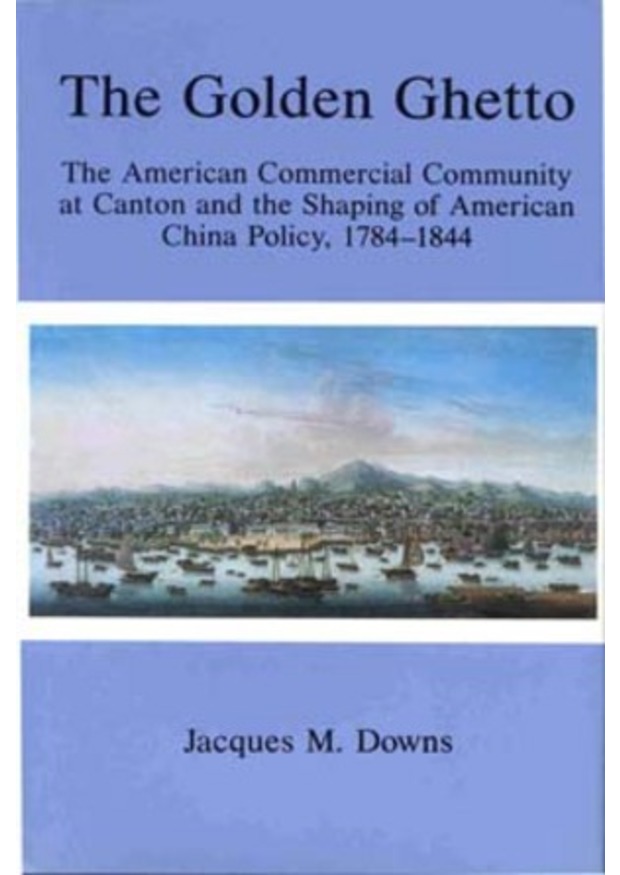The American Commercial Community at Canton and the Shaping of the American China Policy, 1784-1844
This book details the life of American merchants and missionaries who lived at Canton, the only port in the Celestial Empire open to foreigners in the sixty years after the Revolution before America developed a China policy. While in China, these Americans lived isolated from Chinese society and in sybaritic, albeit celibate luxury. Nevertheless, they often made fortunes in a few years and returned home to become important figures in the rapidly developing United States.
The work covers the exotic life at the Canton factories, the institutions of the community, its development of informal policies for dealing with emergencies and with the Chinese, the guild of merchants with whom foreigners dealt, and the Chinese bureaucracy that regulated and observed their lives in China. Particularly remarkable is the extraordinary manner of carrying on trade and other business, the handling of debt, faulty merchandise, fraud, and other mercantile problems. All such things had to be managed informally, since no law, Chinese or foreign, covered the "barbarians from afar" while in China. Opium smuggling receives especial emphasis, since it provided the economic base of the community and affected the traders; views of China and the Chinese.
Also included are short histories of the resident American firms, sketches of the lives and personalities of a number of American China traders, and a comparative study of the trade, organization, and "culture" of these firms. This part of the study breaks entirely new ground and is necessary for an understanding of the formation of later American policy.
Finally, the book examines the first American diplomatic mission to China in 1843. The first American commissioner, Caleb Cushing, was a Yankee who knew and relied upon the advice of the Canton community and its graduates in America, and who served an administration dominated by slaveholders. On the long ocean voyage to China, Cushing worked out a full-blown, racist philosophy of proper relations between Western countries and non-Christian peoples. This approach required numerous surrenders of sovereignty to which the inexperienced Chinese agreed. The Cushing Treaty quickly became a model for other Western nations, and these concessions and the institutions of the old Canton mercantile ghetto shaped the new treaty ports as well as the entire history of U.S.-Chinese relations for the next century.













